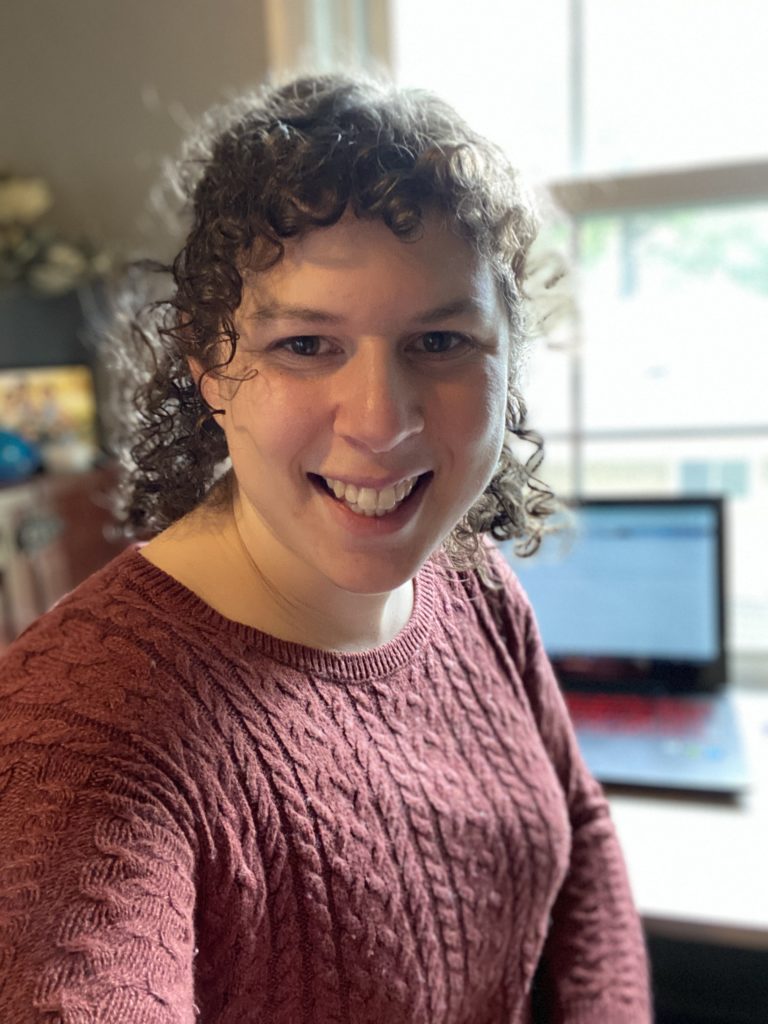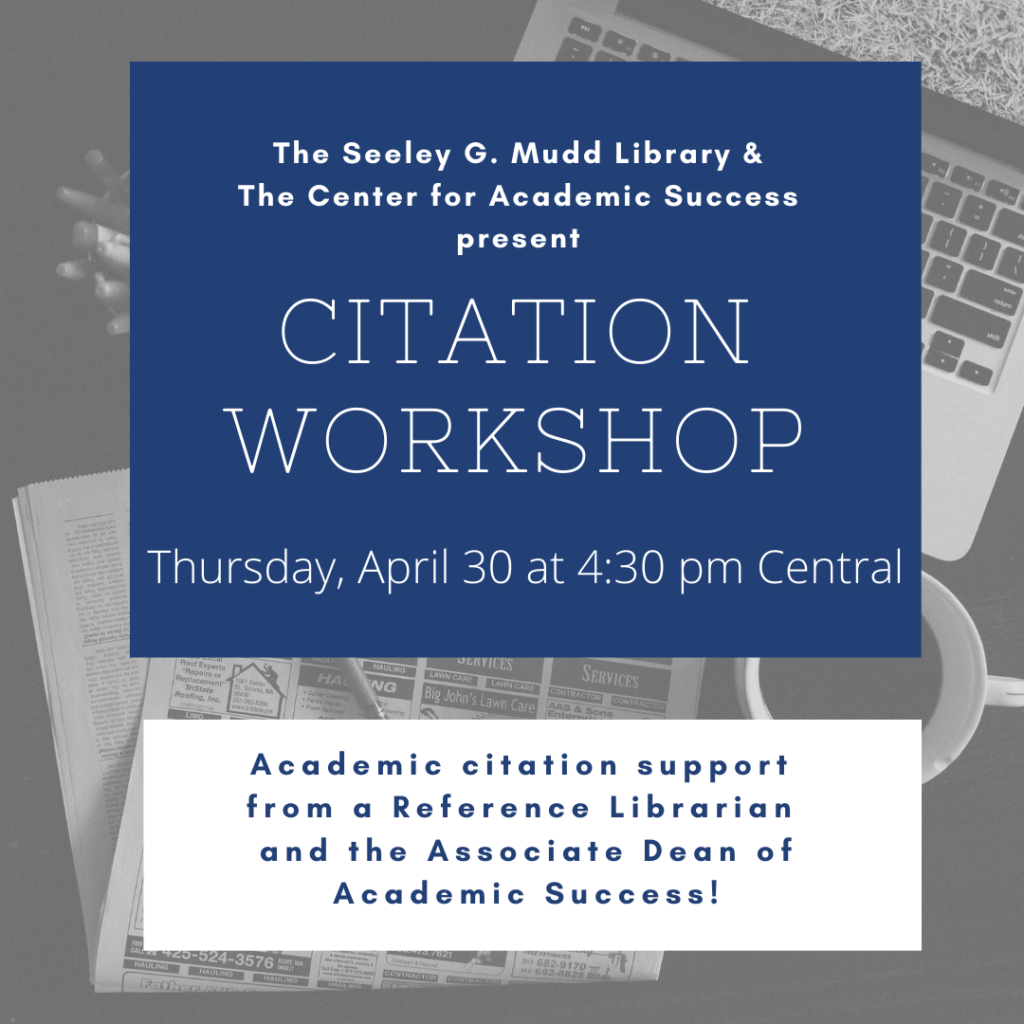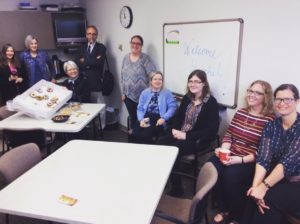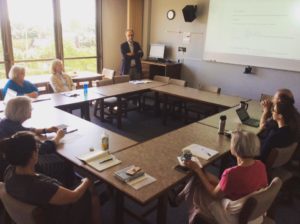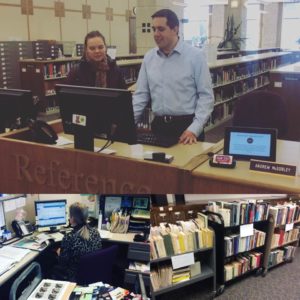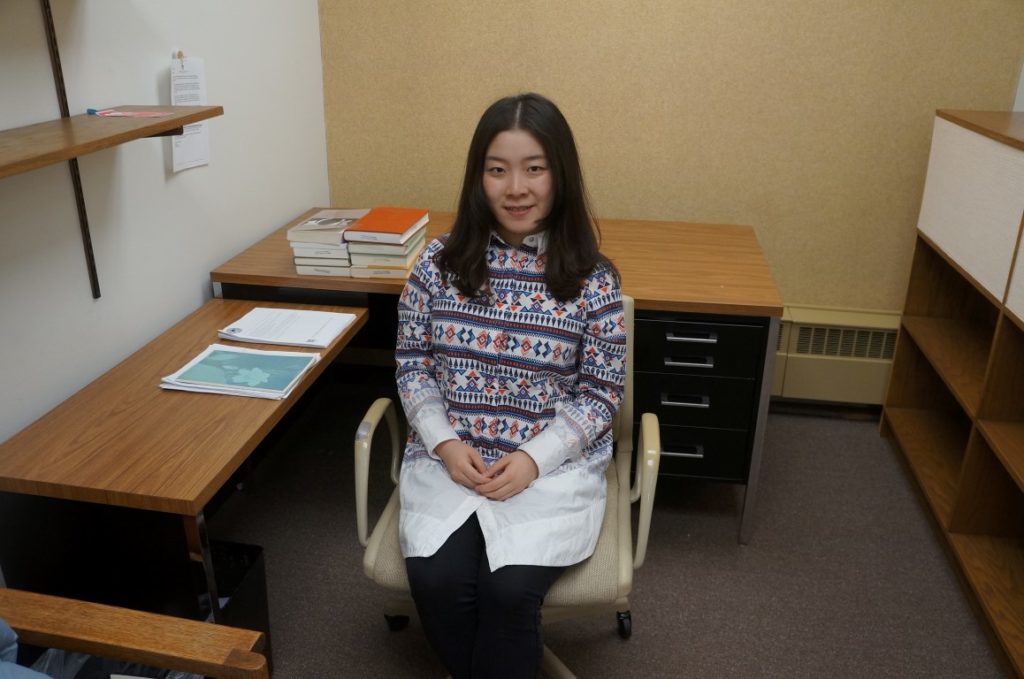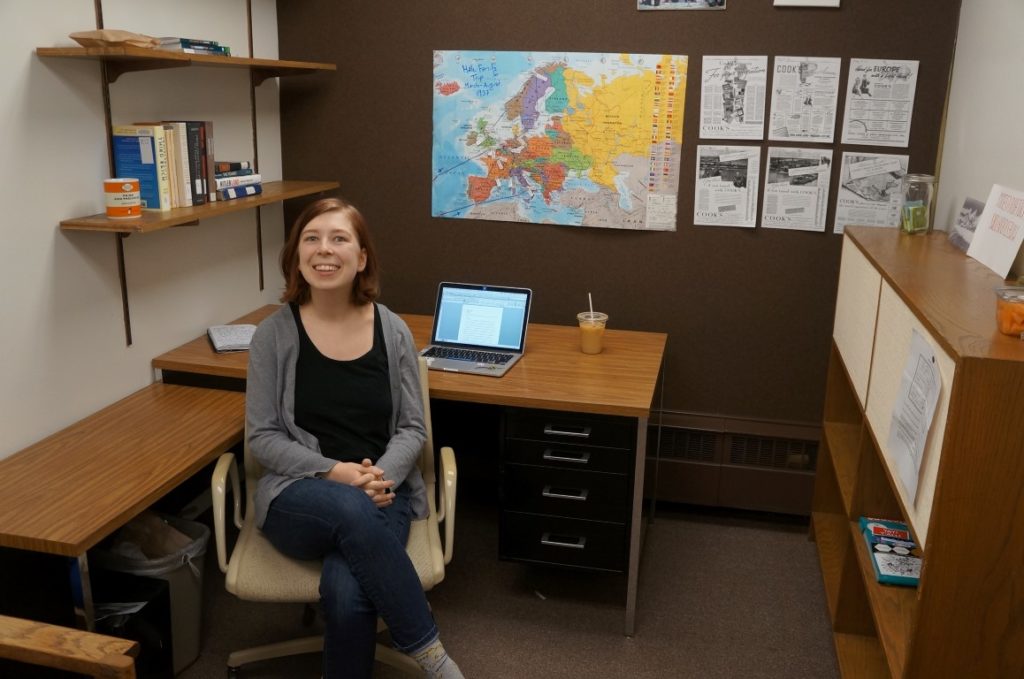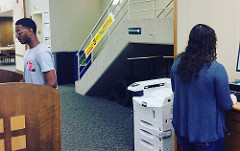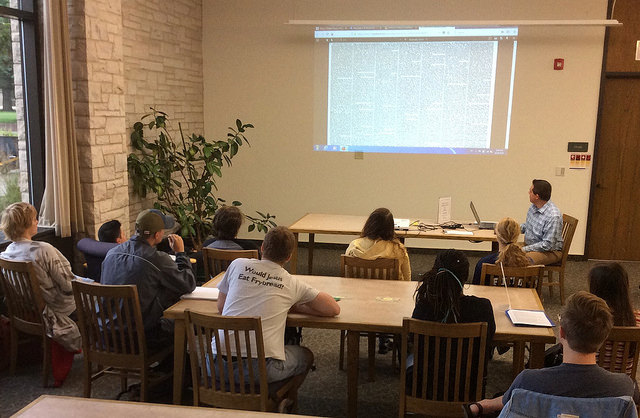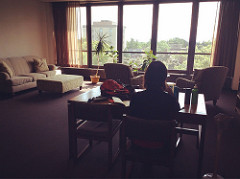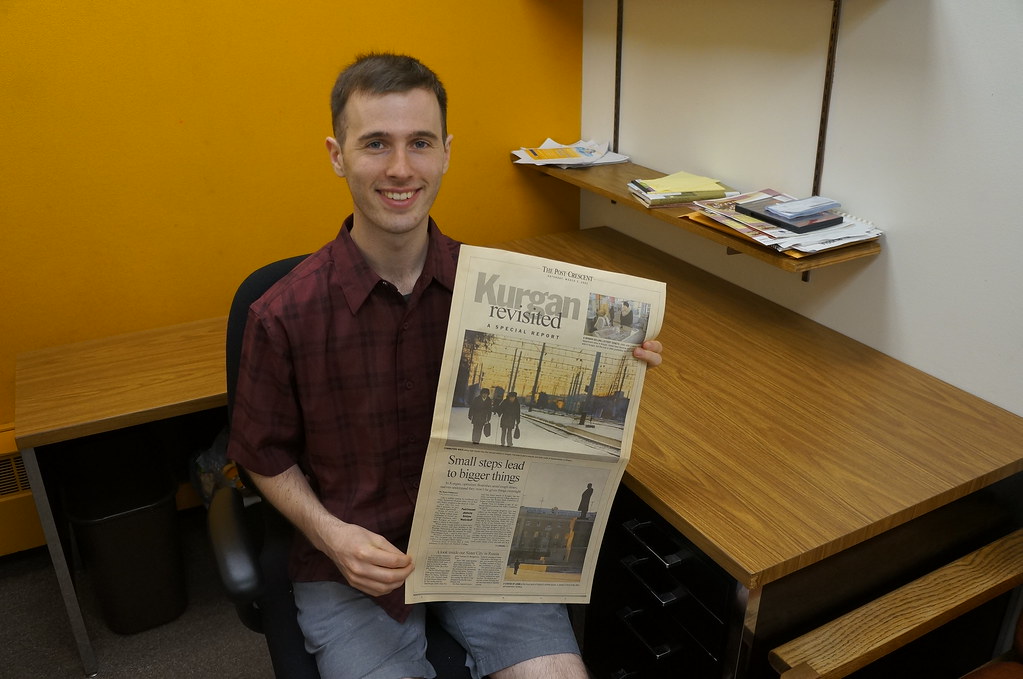Happy winter term, everyone!
We are open and providing all of our usual Reference and Circulation Services.
We have safe, clean, and distanced study spaces available throughout the first and second floors anytime our building is open.
Log into your library account to request physical materials. We’re happy to locate and retrieve books and other resources for you to pick-up at the Circulation Desk, or to be sent to your campus SPC.
Check out this awesome guide if you need help accessing our resources from off-campus.
Reference Librarians are available to help you with research assistance and reference instruction. We’re also on hand to offer assistance of any kind!
We’re offering some cool Zoom gatherings this term as well, including weekly read-alouds, virtual study hall, and fiber arts hang-outs. Be on the look-out for announcements about these events through our social media accounts.
Whether through our computer screens, or from six feet away, we’ll see you soon!
